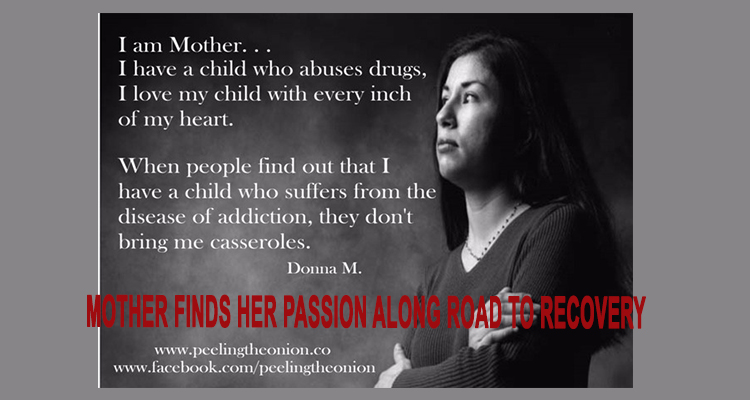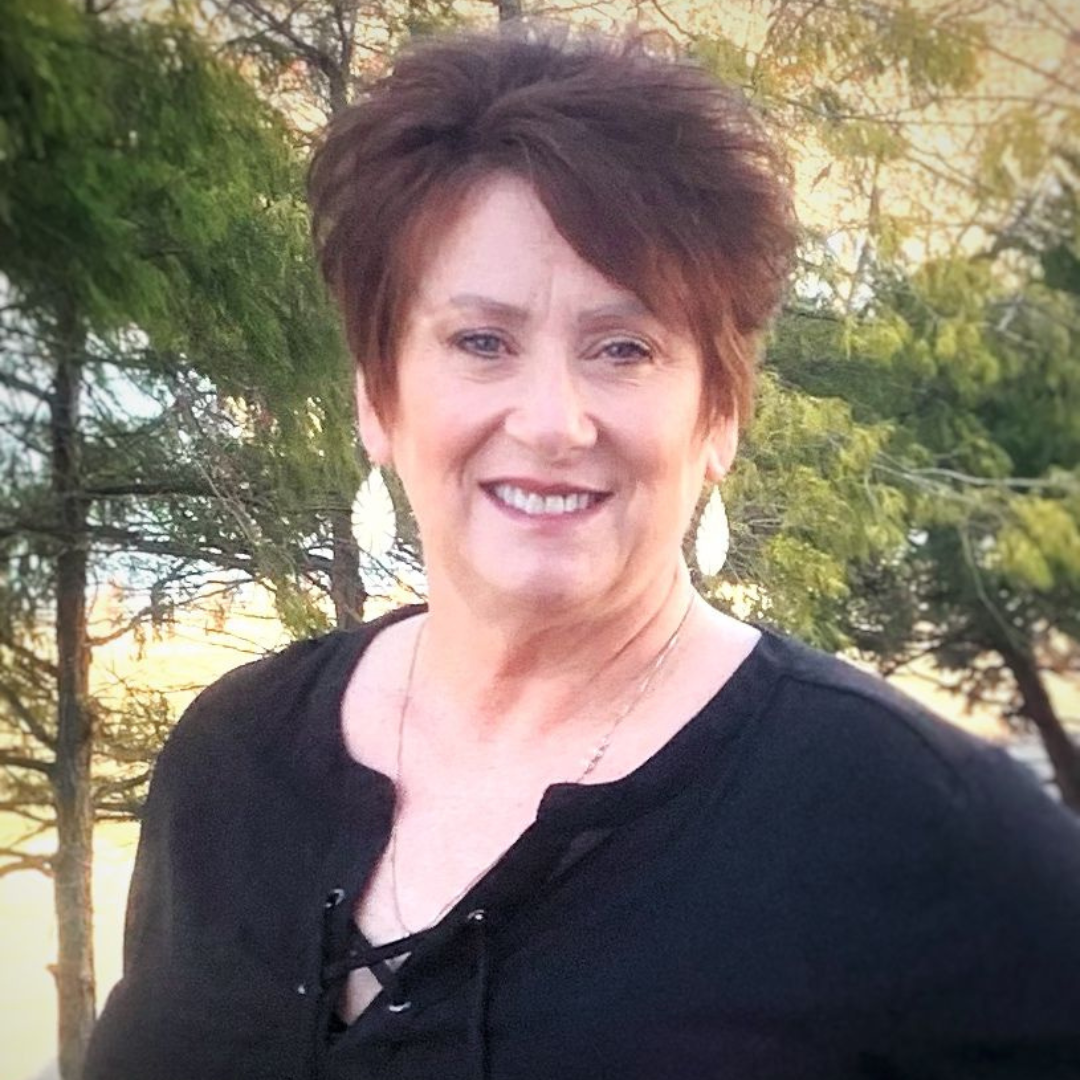“Sometimes, the strength of motherhood is greater than natural laws.”
– Barbara Kingsolver
No mother plans to raise a child who struggles with substance use disorder; that is not among the hopes and dreams of any woman when she starts her family. But the fact of the matter is that in our local area, many mothers still find themselves in that very position as the opioid crisis continues to grow.
- Recent statistics provided by the Wheeling Police Department show that there were a total of 55 drug overdoses in the Wheeling area during the second quarter of this year.
- Four of those were fatal.
- Eighty-two percent of those overdoses were opioid-related.
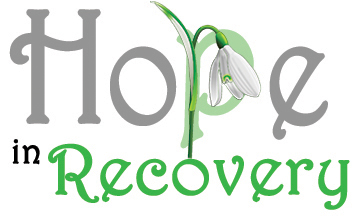
- According to statistics on the NAADAC (National Association for Alcoholism and Drug Abuse Counselors — the Association for Addiction Professionals) website, the annual rate of opioid-related overdose deaths in West Virginia is greater than 15 per 100,000 residents.
- In the United States, one in three families is affected by addiction, and 266 people die each day from opioid overdoses.
- Addiction is defined by the National Institute on Drug Abuse (NIDA) as a chronic, relapsing brain disease that is characterized by compulsive drug seeking and use, despite harmful consequences. According to the Substance Abuse and Mental Health Services Administration (SAMHSA), the Diagnostic and Statistical Manual of Mental Disorders, Fifth Edition (DSM-5), no longer uses the term “addiction,’” but rather refers to “substance use disorders”(SUD), which are defined as mild, moderate or severe.
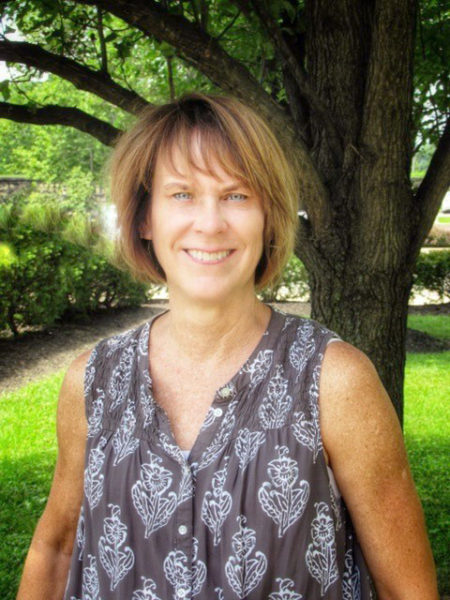
Local mother Kathy Blass is all too familiar with this terminology and these statistics. Her adult son has struggled with substance use disorder for a number of years and is now in recovery.
“As parents, we felt helpless,” Kathy says. “The roller-coaster of the disease was exhausting. Our mental obsession with our son’s problem kept us from being productive throughout the day. And the stigma kept us silent.”
Today, removing the stigma surrounding substance use is one of Kathy’s primary goals, which is why she openly shares her family’s story. She feels strongly that as the epidemic rages around us, no parent should have to suffer alone. “Parents are the front lines for their children, and they need to learn about the disease and educate themselves as much as they can in order to help their loved ones,” she says.
During the early years of her son’s struggle, Kathy joined an online support group for parents. A member of that group introduced her to Tom Hedrick, the founder of the Partnership for Drug-Free Kids, which is a national organization committed to helping families whose children struggle with substance use. In 2015, Tom invited Kathy to attend a training session where she first began her SUD education. Over time, she was trained in the Partnership’s CRAFT (Community Reinforcement and Family Training) approach to dealing with loved ones with SUD. The CRAFT approach is an alternative modality that teaches parents to reinforce good choices with love while avoiding enabling behaviors as they move their child toward treatment.
Kathy says her passion today is to use the knowledge she’s gained from her CRAFT training to encourage other parents and to expedite the process they go through on their journey with their family member who struggles with substance use. Kathy received additional certification from NAADAC, and is now a peer-to-peer support coach at the Partnership, teaching the CRAFT method to other parents. After seeing first-hand the need for a local support group that aligned with her personal parenting style, Kathy decided to fill that void herself. She founded a group based on the CRAFT methodology that quickly grew as word of her work spread. She continues to coach her parent support group twice monthly at the Unity Center in Wheeling. The group focuses on lessons from a workbook titled ‘The Parents’ 20-Minute Guide,” which offers instruction and role-playing exercises on positive communication, problem-solving and ways to encourage a person to seek help.
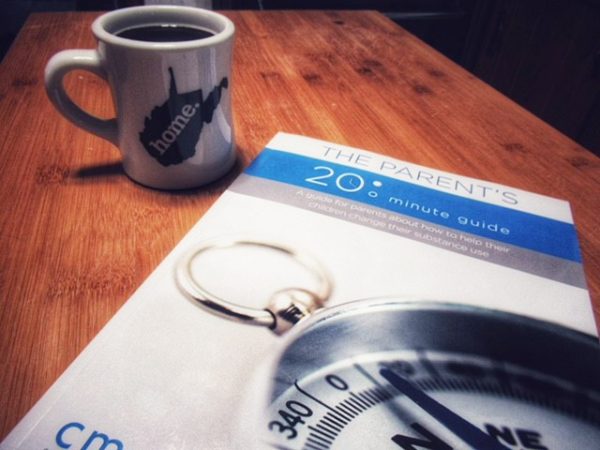
Kathy believes that the path to recovery is not “one-size-fits-all.” A cancer survivor herself, Kathy compares SUD treatment to cancer treatment — patients are individuals who will respond differently to various types of therapies. While a traditional 12-step program will be the answer for some, others will be more comfortable with a different approach such as CRAFT. The Partnership website states that studies show the CRAFT method to be more effective than traditional interventions in moving patients toward treatment programs. Other options are also available, such as medication-assisted treatment (MAT). MAT treats the disease with FDA-approved drugs such as buprenorphine and methadone in combination with counseling and behavioral therapy. According to SAMHSA’s website, MAT has been shown to improve patient survival and increase retention in treatment. Kathy feels that all are viable options and should be available for patients to choose from according to their individual needs and preferences.
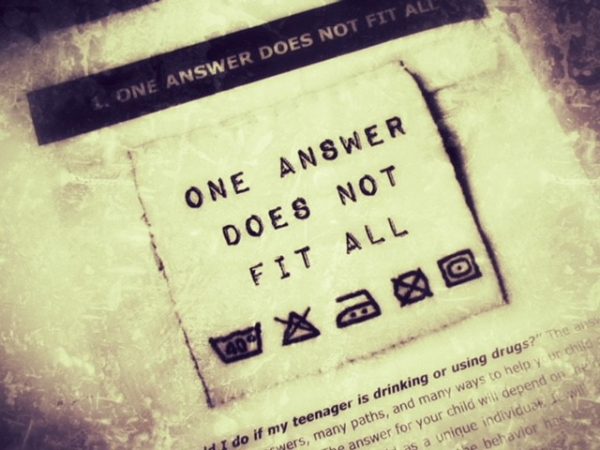
“Parents should educate themselves on the pros and cons of all available options in order to best help their child,” she advises.
Treatment isn’t only for those who suffer from the disease of addiction; parents and loved ones also need to address their attachment to their child’s disease. The parent/child relationship is always a complex and co-dependent one, and the dynamics between a child who suffers from SUD and his or her parents is particularly complicated. According to Kathy, parents in recovery need to practice self-care and preservation. Mothers, in particular, have a difficult time separating themselves from their children’s problems, as every mother’s instinct is to do anything necessary to protect her child from harm. However, love and the best intentions can often lead to enabling. Kathy believes that putting yourself first and learning to communicate through the listening skills and love skills she teaches is critical to maintaining your mental and physical health and strength on the road to recovery. The journey can be long and arduous, and parents find they need all their strength to run the recovery marathon.
Kathy hopes that with education and support, we can remove the stigma of SUD so that no family suffers in silence. Her group provides hope and helps parents understand that their children’s issues are not their fault. She encourages anyone affected to join the support group for encouragement, understanding and the comfort of knowing that they are not alone in this fight.
• If you or someone you know might benefit from Kathy’s support group, call or text her at 304-639-8424. The group next meets at 5:30 p.m. Monday, Sept. 24, at the Unity Center, 4850 Eoff St., Benwood. This meeting also will include Narcan administration training provided by Wayland Harris from the Wheeling-Ohio County Health Department. Following the training, participants will be given a prescription for Narcan that can be filled at most local pharmacies at the participant’s expense.
• In addition to the support group, Kathy will be offering a learning workshop for parents and caregivers in October. The series is titled “Hope, Learning and Support From Peers for Families Affected by Substance Use.” The workshops will be held from 5:30-8:30 p.m. every Monday during October at the Unity Center. There is no charge to attend, but pre-registration is required. Visit www.surveymonkey.com/r/group-coaching-agreement to register.
• To connect with Partnership for Drug-Free Kids, call 855-DRUG-FREE or visit www.drugfree.org/helpline. Support coaches are available to talk to concerned parents. Information on local resources can be obtained by calling the Unity Center at 304-232-3888.
• A lifelong Wheeling resident, Ellen Brafford McCroskey is a proud graduate of Wheeling Park High School and the former Wheeling Jesuit College. By day, she works for an international law firm; by night, (and often on her lunch breaks and weekends) she enjoys moonlighting as a part-time writer. Please note that the views expressed in her writing are solely her own and do not necessarily reflect those of anyone else, including her full-time employer. Through her writing, Ellen aims to enlighten others on causes close to her heart, particularly addiction, recovery and equal rights. She and her husband Doug reside in Warwood with their clowder of rescued cats, each of whom is a direct consequence of his job as the Ohio County Dog Warden. Their family includes four adult children, their spouses and several grandkids.


